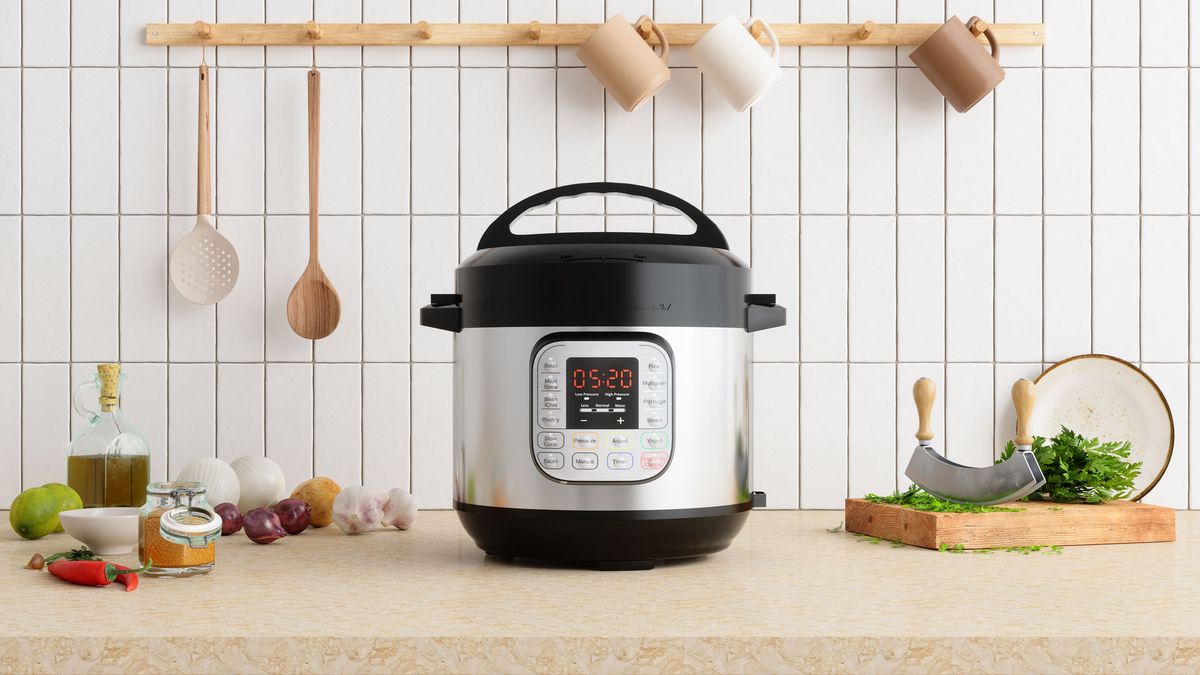Perfect Timing: How Long to Cook Rice in a Microwave Rice Cooker
Written By James Morgan
When it comes to barbecue gatherings, having perfectly cooked rice is a game-changer. It serves as the ideal complement to smoky meats and flavorful sauces. But the question remains, 'how long to cook rice in a microwave rice cooker'? This article will provide you with all the insights you need.

Why You Need a Microwave Rice Cooker for Your BBQ
Microwave rice cookers have revolutionized the way we think about cooking rice. These devices are not only fast and efficient, but they also produce consistently good results. Imagine having fluffy, perfectly cooked rice every time, with minimal effort. Thats what a microwave rice cooker offers, making it an essential tool for any barbecue enthusiast.

Understanding Cooking Times
Different Types of Rice
The amount of time it takes to cook rice in a microwave rice cooker varies depending on the type of rice you are using. Heres a quick breakdown:
- White Rice: Typically takes around 10-12 minutes.
- Brown Rice: Requires more time, usually around 18-20 minutes.
- Basmati Rice: Usually done in about 12-14 minutes.
- Jasmine Rice: Approximately the same as white rice, around 10-12 minutes.
Factors Affecting Cooking Time
Several factors can affect how long it takes to cook rice in a microwave rice cooker:
- Rice Quantity: More rice means longer cooking time.
- Water Ratio: The water-to-rice ratio can influence the cooking time.
- Microwave Wattage: Higher wattage can cook rice faster.
Recommended Watage Range:
Most microwave rice cookers are optimized for microwaves within the 800-1200 watt range. Using a microwave outside this range may affect cooking times and results.

Step-by-Step Guide
Preparation
Start by rinsing your rice to remove excess starch. This step is crucial for achieving fluffy rice.
Cooking Process
- Measure your rice and water: Use the recommended water-to-rice ratio for your specific type of rice.
- Add the rice and water to the microwave rice cooker.
- Cook as per the recommended time for your rice type, typically between 10-20 minutes.
Post-Cooking
- Let it sit: After cooking, let the rice sit for a few minutes with the lid on.
- Fluff with a fork: This will ensure that your rice is light and airy.
- Serve: Your perfectly cooked rice is now ready to complement your barbecue feast.
Pro Tips for Better Results
- Use Broth Instead of Water: This adds an extra layer of flavor to your rice.
- Add Spices: A pinch of salt, a dash of pepper, or a sprig of herbs can make a world of difference.
- Keep an Eye on It: Microwaves can vary, so its worth checking your rice a couple of minutes before the time is up.
Common Mistakes to Avoid
Avoid these pitfalls to ensure perfect rice every time:
- Too much water: This can make your rice mushy.
- Too little water: This can cause your rice to be too hard.
- Not letting it rest: Allowing the rice to sit after cooking is crucial for the final texture.
If youre looking for more detailed guides on cooking different types of rice, you might find these articles useful: Minute Rice Tips, Cooking Barley, and Congee in Rice Cooker.
FAQs
How can I avoid my rice being too sticky?
To avoid sticky rice, make sure to rinse it thoroughly before cooking and avoid adding too much water.
Can I cook different types of grains in a microwave rice cooker?
Yes, a microwave rice cooker is versatile and can handle different types of grains like quinoa, barley, and even steel-cut oats.
Whats the ideal water-to-rice ratio?
The ideal water-to-rice ratio varies by rice type. As a rule of thumb, use 1.5 cups of water for every cup of white rice and 2 cups of water for every cup of brown rice.
For more tips on using a rice cooker, check out this comprehensive guide from Tiger-Corporation.
Conclusion
Understanding 'how long to cook rice in a microwave rice cooker' can elevate your barbecue experience. With the right timing and technique, you can produce restaurant-quality rice with minimal effort. So next time you're planning a barbecue, make sure your microwave rice cooker is ready and set to cook up some fluffy, delicious rice!
As an Amazon Associate, I earn from qualifying purchases.



